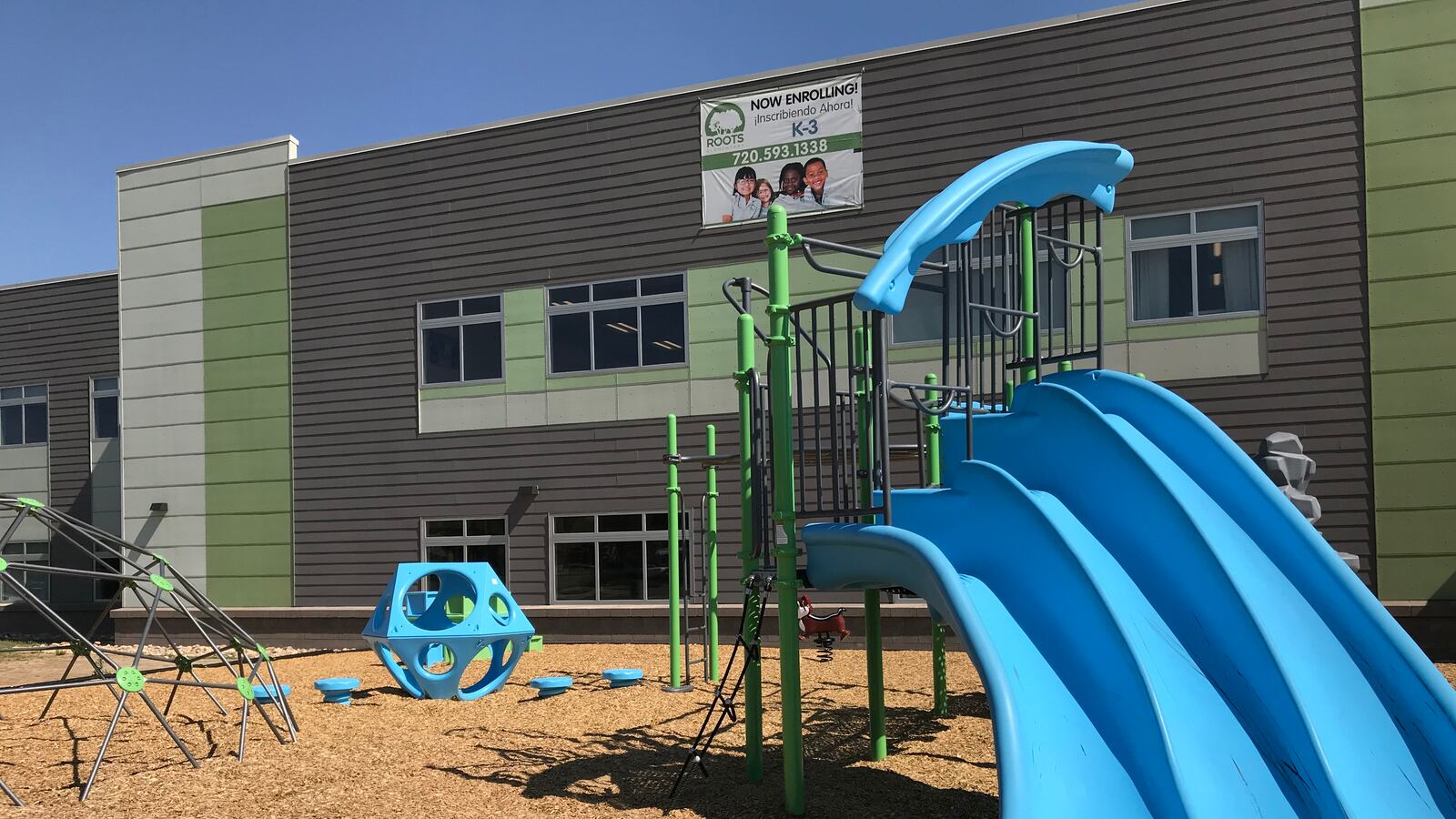More than 60 Colorado school districts have closed their schools for at least the next two weeks, and more than 794,000 students — roughly 87% of the state’s K-12 students — are home for what could turn into a very extended spring break.
This has left many parents of young children who still have to work scrambling for child care, while parents of older children who are used to more independence are wondering what is and isn’t OK.
Can children still go to the park? Can teenagers hang out with their friends? Can families get together for playdates?
The answer is yes, with some significant limitations.
But should grandma babysit? Not if you can help it.
“If you are over 60 or have a chronic medical condition, avoid gatherings and caring for other people’s children,” state public health officials said as part of new guidance released Monday for parents and guardians.
There are three major themes here: keep gatherings as small as possible, consider outdoor activities rather than indoor ones, and limit contact between children and people over 60 and those with chronic health conditions, especially if children are sick.
“Closing schools is one of the most powerful ways we have to slow the spread of COVID-19 and protect people at higher risk from getting very sick or dying,” public health officials said in the guidance, which can be found here. “We encourage parents and guardians to understand the situation and do their part to protect these people, too. … This is not just about keeping kids safe; it’s about keeping the whole community safe by removing as many disease pathways as possible.”
At the same time, state agencies are asking child care centers to stay open, citing the need for essential workers to have a safe place for their children.
Children who are in any way sick should not go into any social setting, the guidance says. The same applies to adults.
Children and teens with chronic health conditions or compromised immune systems should check with their doctor before participating in either shared child care or social gatherings.
The guidance suggests keeping gatherings small — just a few children — and making sure they’re in a large space where children can spread out. Choose games that minimize touching. Clean shared toys and keyboards. Ask parents to take their children’s temperature before getting together.
“When kids do touch, remind them to cover coughs and sneezes and to wash their hands frequently and thoroughly,” the guidance continues.
Playing outside is better than playing inside, but try to avoid shared equipment. Clean and disinfect things like bats, balls, and playground equipment, the guidance says.
For teenagers, the guidance recommends having a small number of teens in a large space. Avoid parties, malls, and movie theaters. Consider a bike ride or a hike instead.

